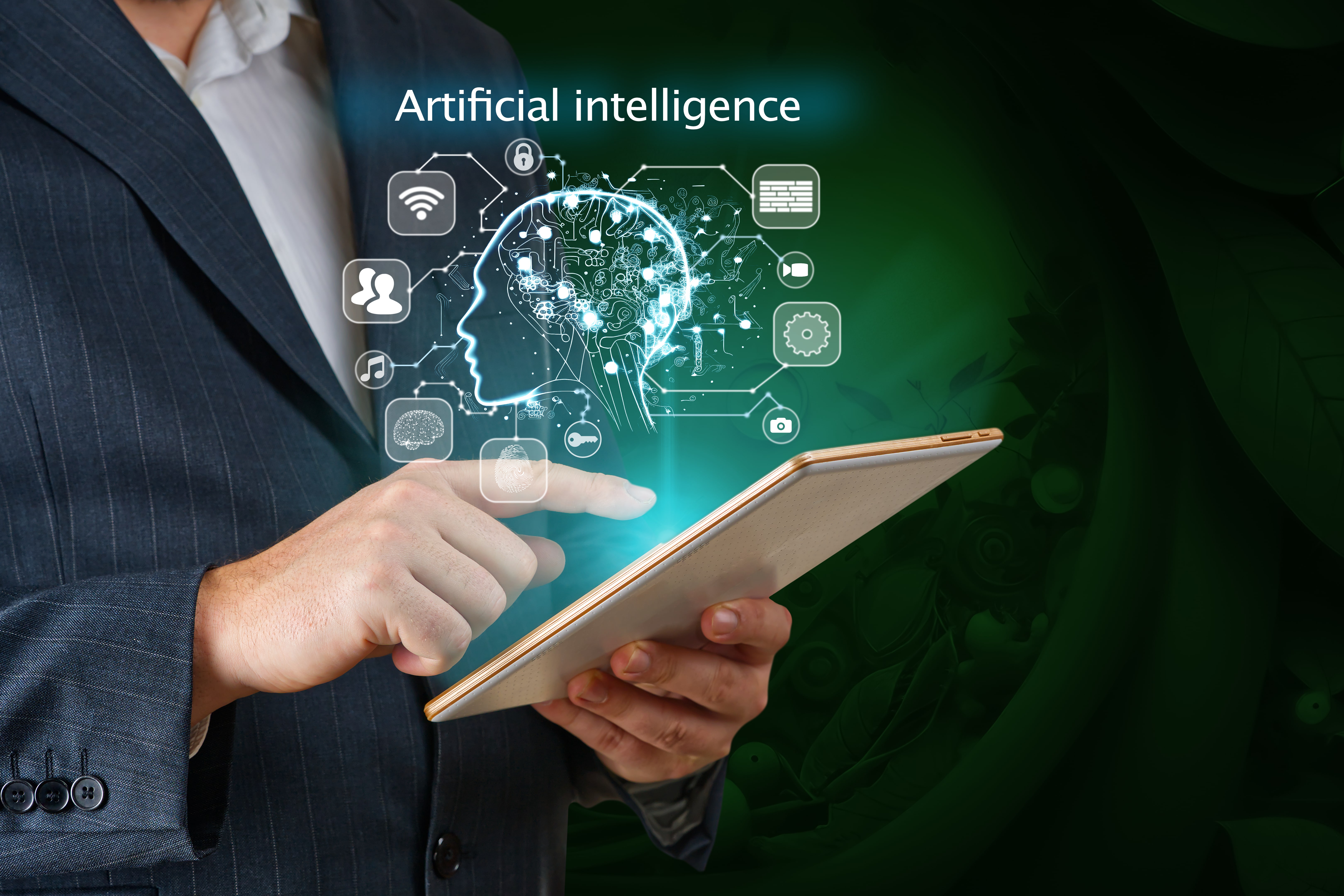September 30
The future of computer systems: fast and sustainable
The demand for faster and more powerful computer systems is on the rise due to innovations in AI and data analysis. Simultaneously, sustainability is becoming a major concern as the energy consumption of the sector places a heavy burden on the environment. Professor Andy Pimentel from the University of Amsterdam is leading research focused on making computer systems faster and more sustainable. His work primarily targets embedded systems, such as those found in mobile phones, televisions, and advanced machines from companies like ASML.
One of his key projects is the Energy Labels initiative, where his team analyzes and improves the energy efficiency of digital processes. The goal is to create an energy-label system that informs users about more energy-efficient options in their digital interactions.
Optimizing computer systems is also crucial for the AI revolution. AI's rise can be attributed to advancements in algorithms, data availability, and faster computer systems. Pimentel's team is also working on executing large AI algorithms on smaller systems, which is vital for applications like self-driving cars that cannot always rely on stable internet connections.
Pimentel’s research pushes for a sustainable technological future, striving to combine speed and efficiency while minimizing environmental impact.
For more of this research, visit the University of Amsterdam's research page.
Vergelijkbaar >
Similar news items

October 14
TikTok turns to AI, cuts hundreds of jobs worldwide
read more >

October 14
Analysis: OpenAI moves from idealism to profit-driven future
read more >

October 14
Responsible AI: A Collaborative Effort
read more >